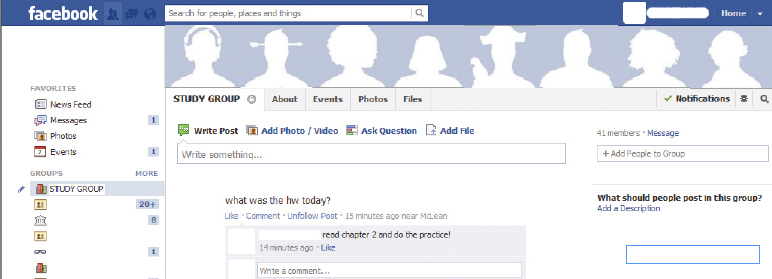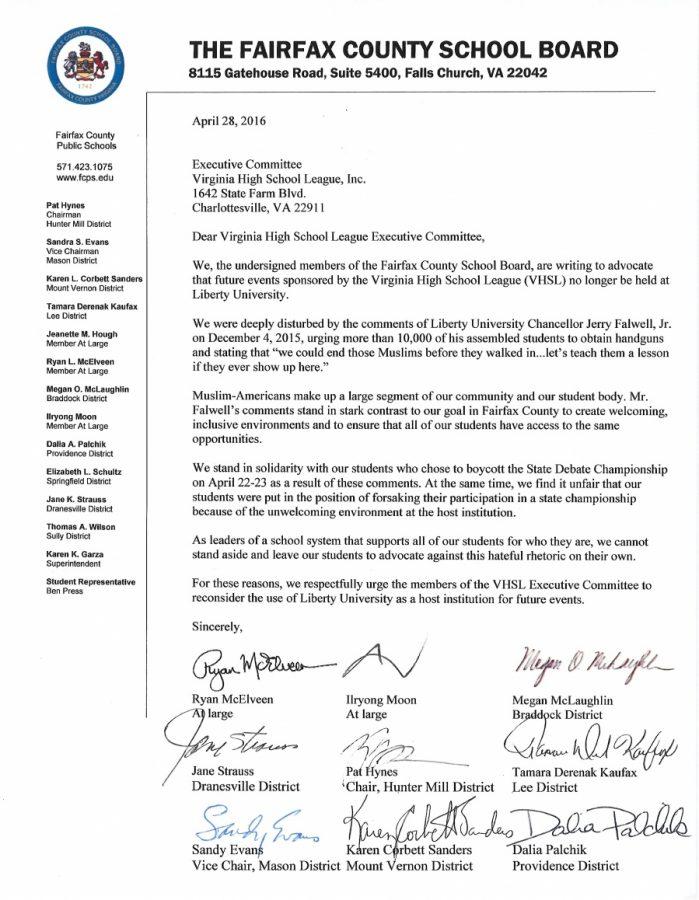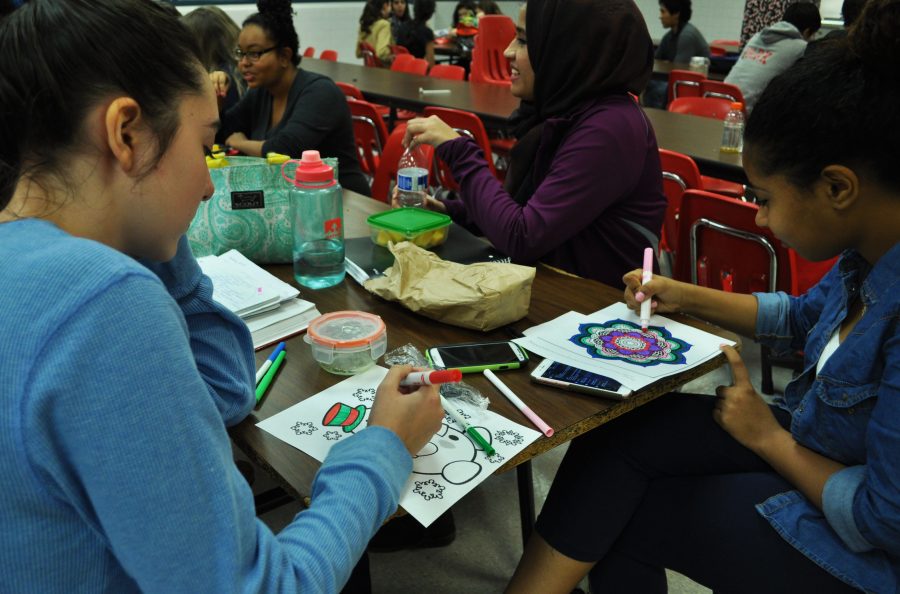
The rise of social networking has finally seeped into academic life. In a fusion of technology and education, numerous student-initiated Facebook groups have emerged.
A Facebook group can be created quite simply. A single student becomes the administrator and adds fellow classmates into the group. Groups can then grow quickly, with more McLean students being invited until almost everyone in the class is included. More members in a group results in accurate information because they can verify each other’s knowledge.
“Usually one person adds their friends from their classes, who then add their friends, and it grows from there,” junior Kristian Kc said.
Facebook study groups can be helpful for a multitude of reasons. They offer a quick and accessible way for students to converse with peers outside of the classroom, and they add another dimension to the learning experience. Because of the sheer number of students in the group, chances are one of them will always be online. Consequently, questions can be answered quickly and effectively. While the platform may present a distraction, the groups have proven beneficial to most students overall.
“It’s distracting because I normally use Facebook for socializing, but overall the groups help me a lot,” sophomore Michael Davis said.
Online study groups can be especially beneficial for students in honors or AP classes due to the challenging nature of these courses. Many of these classes offer less guidance or clarification of assignments, so students often find study groups to be extremely helpful.
“I use them for more difficult classes like AP Enviro and AP U.S. at least every other day,” Kc said.
Students can use the groups for immediate homework help and for checking the status and due dates of various assignments. Thanks to the real-time nature of Facebook, a student can ask a question and receive an answer within minutes.
“I use it mostly to ask questions and double check due dates,” junior Mashana Sangdee said.
Beyond academic help, Facebook study groups act as support groups for students taking the same difficult classes.
“Before a big test or project, we’ll all stress out, but people make funny posts to lighten the mood,” Sangdee said.
It can be argued that Facebook groups present an unfair advantage since they are not authorized by the school and are only available to Facebook users. In addition, it is possible for students to attempt to misuse or abuse the groups because of the lack of oversight.
“Some people try to take advantage of the groups to make others do their work, but that rarely happens,” Kc said. “People in the groups usually don’t support this kind of behavior.”
The groups can grow annoying at times, with disadvantages including constant notifications and infrequent trolling.
“Some people spam it and don’t take it seriously,” Davis said.
Even though there are downsides due to the lack of authority and structure, the benefits seem to outweigh the disadvantages. With groups being created for almost every class, it is clear that Facebook study groups are here to stay.








